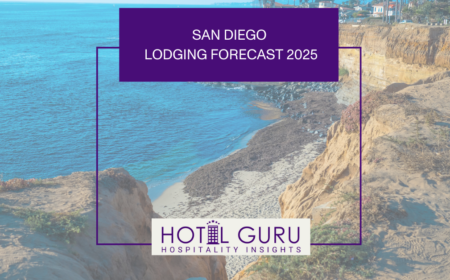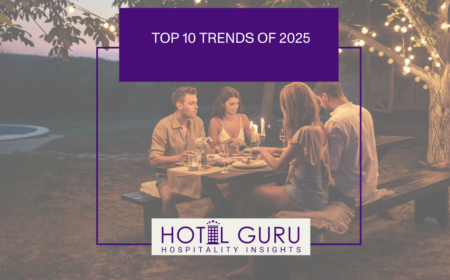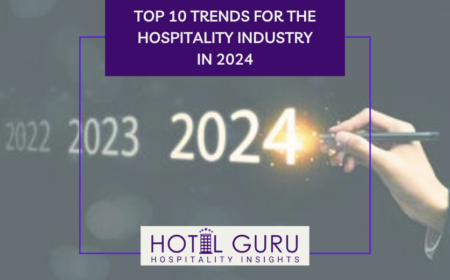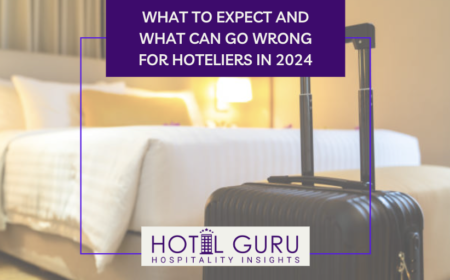The road to hotel recovery 2020
Here’s a take on how hotels and the broader travel industry will reopen during COVID-19 aftermath.
Interestingly, 68% of consumers feel safe in their cars, according to the MMGY Travel Pulse. This could suggest an early resurgence in drive-market travel when a rebound occurs.
About 40% of consumers feel safe in parks, 11 points higher than grocery stores. This bodes well for outdoor travel – “especially those tied to national and state parks,” according to MMGY. Business travelers show more signs of confidence in safety than leisure travelers in venues like hotels, air travel, rail and events. While most assume millennials will be the first to adopt travel again, 49% of travelers that are 50 to 64 years of age show the least concern for their safety than any other age group, according to the Travel Pulse survey.
Leisure travel
Hotels will have to prove they are safe by promoting their safety and cleaning protocols. The leisure market is made up of pent-up demand from travelers who are antsy to travel, even if it is a short drive to another destination. The destinations with lots of outdoor activities will likely recover faster than others, and with cheap gas, those “drive markets” close enough to major metro areas will see success. The leisure market is the most likely to recover first and that might be as early as Memorial Day weekend if travelers feel it is safe and government officials have cleared the way for destinations to be open to guests.
It will be interesting to see what, if any, impact this has on events such as weddings and other social events including consumer trade shows. The real question will be, are these travelers ready to hit the road Memorial Day weekend or will they have to wait for Fourth of July weekend or later?
Corporate travel
Self-employed corporate travelers will travel first. As corporate mandates loosen up, large corporations might allow sales executives to travel, but might not require them to travel due to fear that they will be sued by employees who get sick. There is also the possibility that for a while, technology will replace some corporate travel and video calls might replace some travel. Back in 1981, there were rumors that this was going to occur because the technology was there, but it was never able to gain traction as a replacement. Times might be changing at least for the short term, but as indicated by MMGY, these travelers are not afraid of travel.
Group travel
The group market will take a while to recover. Most conferences and conventions scheduled through June have already been cancelled. July and August are in limbo, but most meeting planners that I have talked to are comfortable with this fall. The corporate market normally falls off in mid-June and resumes in September, which affects corporate group travel. That pattern is likely to continue, but there are many variables that will drive group travel. Sponsors and vendors must support meetings, attendees must be willing to travel. However, it is likely attendance will be down this fall. That said, there might be even more meetings this fall as Q2 events were largely postponed and might reappear before 2020 ends. If this comes to fruition, it will end up with a saved year compared to what might happen if the pandemic returns after summer.
The bottom line
Regardless of what occurs, average rates will not be what they were this year. That window has closed.
The truth is science may tell us that it is foolish to travel. But, this particular science has not really been tested in modern times, unless we consider 1918 to be modern. The American traveler is savvy and not foolish but if there is a treatment and testing and if the curve has truly been flattened, most likely there will be travel this summer. Occupancy levels will still be down markedly for 2020 and unfortunately for hoteliers, the savvy consumer will be shopping for discounts.
STR’s Jan Freitag said he expects a strong rebound in 2021 and 2022, but his assumptions are that RevPAR will still be 35% to 40% below 2019 based on a year-over-year comparison, and near 15% below 2019 in 2022. Most of these numbers are caused by a combination of excess supply growth and soft demand growth. To a quick and safe recovery! (STR is the parent company of Hotel News Now.
)
Original article on Hotel News Now can be found here.







